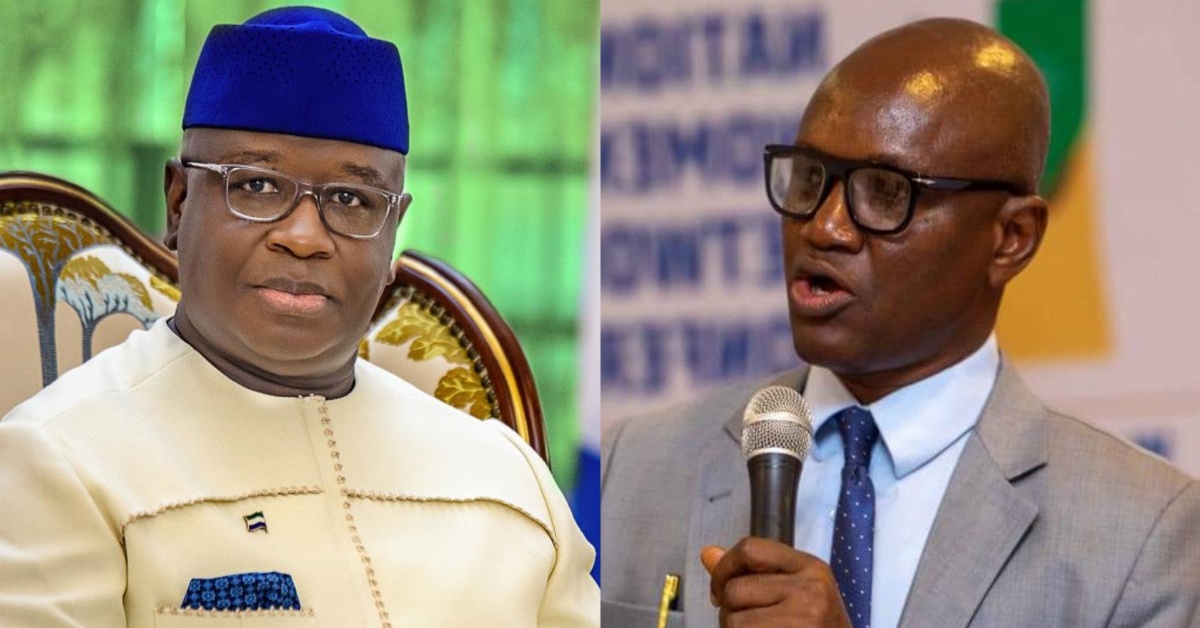Renowned journalist and BBC reporter Umaru Fofana has addressed the controversy surrounding his recent article on the BBC website, clarifying the distinction between being “narrowly re-elected” and “narrowly defeating” an opponent.
Fofana expressed his response to the comments, stating, “I can see that my recent article on the BBC website is proving unnecessarily controversial.”
In his explanation, Fofana highlighted the fundamental difference between the two terms, emphasizing that if the election threshold is set at “55%,” and President Bio secured 56% of the ballot, it constitutes a narrow reelection. He pointed out that despite the significant gap of more than 10 percentage points between President Bio and his main challenger, it doesn’t equate to a narrow defeat for the opponent.
Fofana clarified the appropriate phrasing, stating, “So you cannot say ‘President Maada Bio narrowly defeated Samura Kamara in June 2023.’ But you can say ‘President Bio got narrowly re-elected in June 2023.'”
The journalist addressed the individuals who criticized his article, particularly those supporting the government, saying, “I hope that helps the progovernment people who’ve been on my neck.” Fofana acknowledged the challenges of navigating political differences, stating, “Friends today, enemies tomorrow – or enemies today and friends tomorrow. I seem to have a lot of them across the political divide. I’m enjoying it.”
This statement reflects Fofana’s resilience and his ability to handle criticism, recognizing the transient nature of alliances in the political landscape. The journalist’s willingness to respond to the controversy demonstrates a commitment to clarity and accuracy in his reporting.
Umaru Fofana’s clarification sheds light on the nuances of electoral terminology, showcasing his dedication to precision in journalism. As a respected figure in the field, Fofana’s insights into the intricacies of language used in political reporting contribute to a better understanding of the events he covers.
In an era where the interpretation of political events can be highly polarized, Fofana’s commitment to accurate representation and his willingness to engage with his audience exemplify the responsibility that journalists bear in fostering informed public discourse.
As Fofana navigates the delicate balance of being a journalist with a diverse audience, his words serve as a reminder of the challenges inherent in reporting on politically sensitive topics. The episode also highlights the evolving nature of relationships in the public eye, with Fofana expressing his amusement at having both friends and enemies across the political spectrum.
Umaru Fofana’s response to the controversy surrounding his recent article on the BBC website reflects his dedication to journalistic integrity and his ability to engage with a diverse audience. By clarifying the distinctions in electoral terminology, Fofana contributes to a more nuanced understanding of the events he covers, demonstrating the crucial role journalists play in shaping public discourse.











